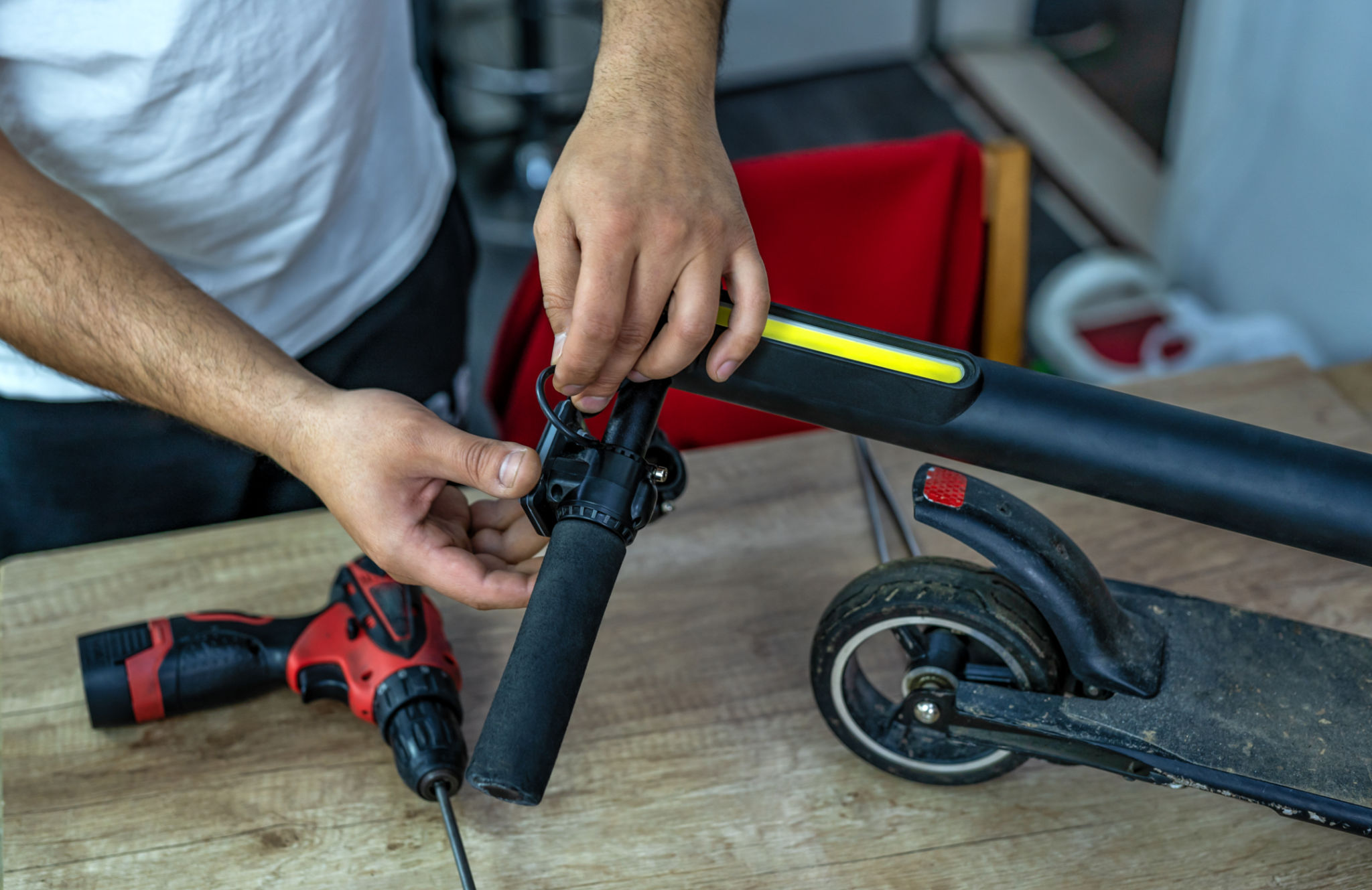DIY Tips: Building Your Tool Collection on a Budget
Start with the Basics
Building a tool collection on a budget can seem daunting, but with some strategic planning, it's entirely possible. Begin by identifying the essential tools you need for most DIY projects. These typically include a hammer, screwdrivers (both flat and Phillips), a tape measure, and a set of pliers. These basics will enable you to tackle a wide range of tasks without breaking the bank.

Consider purchasing these tools individually rather than in a set. While sets may seem economical, they often include items you may not need or use frequently, ultimately costing more in the long run. Focus on quality over quantity, as good tools will last longer and perform better.
Strategize Your Purchases
Before making any purchases, create a prioritized list of tools you need immediately and those you can acquire over time. This approach allows you to spread out your expenses and avoid overwhelming your budget. Watch for sales at local hardware stores or online marketplaces, where you can often find discounts on individual items.
Utilize price comparison websites to ensure you're getting the best deals. Sometimes, buying tools during off-peak seasons can result in significant savings. For instance, consider purchasing gardening tools in the fall when demand is lower.
Look for Second-Hand Tools
Second-hand tools are an excellent way to expand your collection without spending a fortune. Check out local garage sales, thrift stores, or online platforms like eBay and Craigslist. Many DIY enthusiasts upgrade their collections, offering gently used tools at a fraction of the original price.

Always inspect used tools carefully to ensure they're in good working condition. Check for rust, wear, and any signs of damage. If you're unsure about a tool's condition, ask the seller questions or look up reviews online to gauge its reliability.
Borrow or Rent Tools
If you only need a tool for a one-time project, consider borrowing from friends or family. This approach not only saves money but also helps foster a sense of community among fellow DIYers. Just be sure to return the tool in the same condition you received it.
For larger or more specialized tools that are impractical to purchase, renting can be an affordable alternative. Many home improvement stores offer rental programs for equipment like power washers or tile cutters, allowing you to complete your project without hefty upfront costs.

Join DIY Communities
Joining local DIY communities or online forums can provide access to valuable resources and advice. Members often share tips on where to find the best deals, how to repair or maintain tools, and even organize tool swap events. These communities can be an invaluable source of support and inspiration.
Additionally, participating in workshops or free classes offered by hardware stores can enhance your skills and knowledge of tool usage. This education can help you make informed decisions when expanding your collection.
Maintain Your Tools
Once you've built your collection, maintaining your tools is crucial to ensuring their longevity and effectiveness. Regularly clean and oil your tools to prevent rust and remove any debris that could affect their performance. Store them in a dry place, ideally organized on a pegboard or in a toolbox to keep them easily accessible.
By taking care of your tools, you'll save money in the long run by avoiding frequent replacements. A well-maintained tool collection will empower you to take on any DIY project with confidence and creativity.